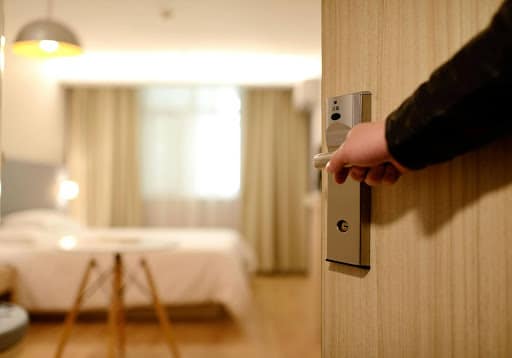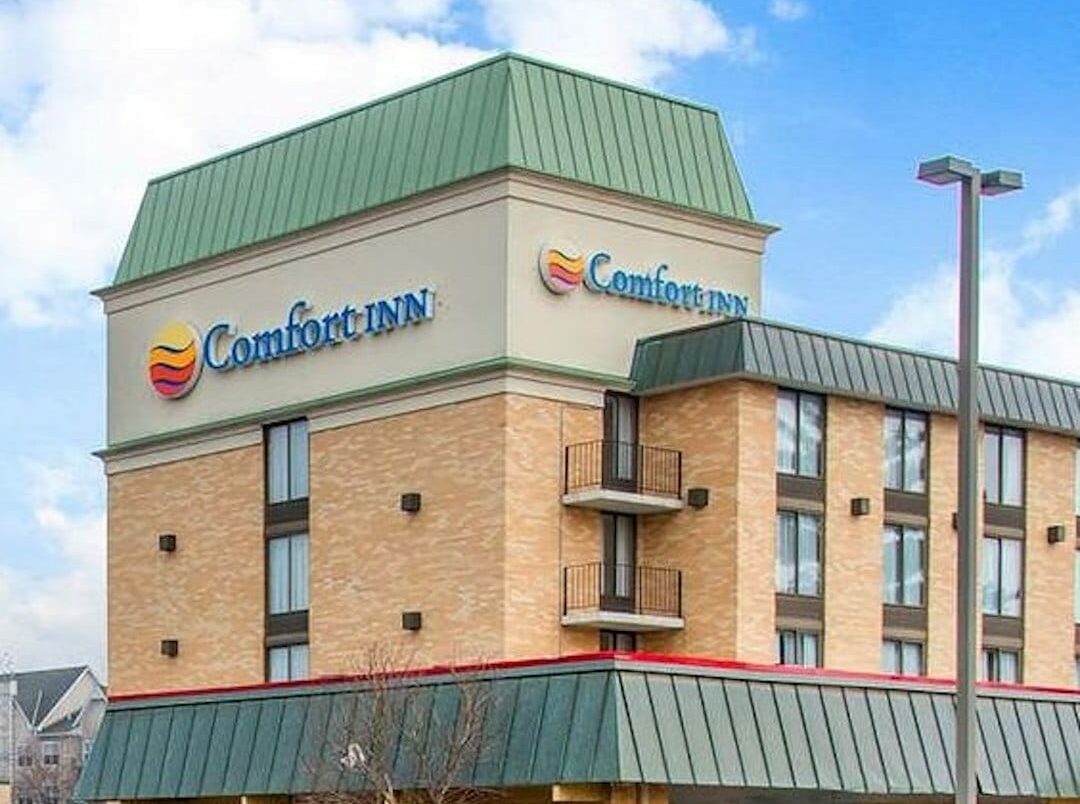
Like every year, things are changing in the hotel industry in 2024.
Changing consumer preferences, technological advancements, and a redefined understanding of travel post-pandemic are shaping the industry this year. As travelers’ needs evolve, so too must the hotel industry.
2024 marks a departure from traditional hotel norms, welcoming in a time of innovation and adaptability. Here are five key predictions that will shape the hotel industry in the coming year.
Current Trends In The Hotel Industry In 2024
1. The decline of Airbnb
AirBnB was once a disruptive force in the hotel industry. However, the company now faces a perception shift among travelers.
The charm this accommodation platform once had is now waning due to rising costs that often surpass that of hotels. Travelers used to go to AirBnb for affordable, unique places to stay. Now, all they get are expensive, unpredictable experiences. Plus, guests often have to navigate complex check-in procedures and a checklist of chores before departure.
Travelers are now returning to hotels where they expect consistency, reliability, and a hassle-free service from check-in to check-out.
As AirBnB loses its cost advantage and the novelty wears off, travelers gravitate back towards the traditional hospitality offered by hotels.
2. More technology
The pandemic ushered in a new era of technology in the hotel industry to cope with social distancing. However, even after the pandemic, the rise in technology is not stopping. Technology is making way for a more connected and efficient guest experience.
Key trends include:
- Mobile Integration: Travelers can now use mobile check-in and manage their reservation at the touch of a screen. Mobile technology and smart phone apps are becoming an essential part of enhancing guest experience.
- Chatbots and Artificial Intelligence: AI-driven chatbots and virtual assistants are becoming commonplace to provide 24/7 customer service.
- Contactless Payments: More hotels continue to adopt contactless and digital payment methods to ensure transactions are secure and convenient.
- Robotics: Some high-end establishments use robots for a range of tasks from cleaning to room service.
3. Unique experiences
AirBnB once dominated this niche of offering unique stays. However, with AirBnB on the decline, hotels have a unique opportunity to make guests feel special.
Travelers want unique and memorable experiences, not cookie-cutter accommodation. Hotels must now find ways to differentiate themselves. Give hotel guests a personalized experience by offering local experiences that reflect the culture, history, and environment. Hotel chains and independent boutiques alike must offer guests something out of the ordinary.
4. Bleisure travel
Since the pandemic, many travelers now work on a hybrid or totally remote schedule. This has created a blend of business and leisure travel, known as “bleisure”.
To meet this new demand, hotels are adapting by creating spaces for both productivity and relaxation. Hotels should be equipped with:
- ergonomic workstations
- high speed internet
- ample charging ports
- communal areas for both work and social interaction
The goal is to cater to vacationers, bleisure travelers, digital nomads, and business travelers alike.
5. Sustainability
People are more concerned about the environment than they have ever been before. The decline of airline travel during the pandemic highlighted how destructive it is to the environment. This knowledge influences traveler’s choices more than ever before.
Travelers may choose to forgo air travel altogether in favor of road trips or train travel, which may impact where they decide to stay.
When travelers do stay at your hotel, you can make sure they feel good about their choices. Hotels are adopting sustainable practices to minimize their ecological footprint. This includes efforts to reduce waste, conserve water, recycle, source food locally, and implement energy-saving measures.


Leave a Reply